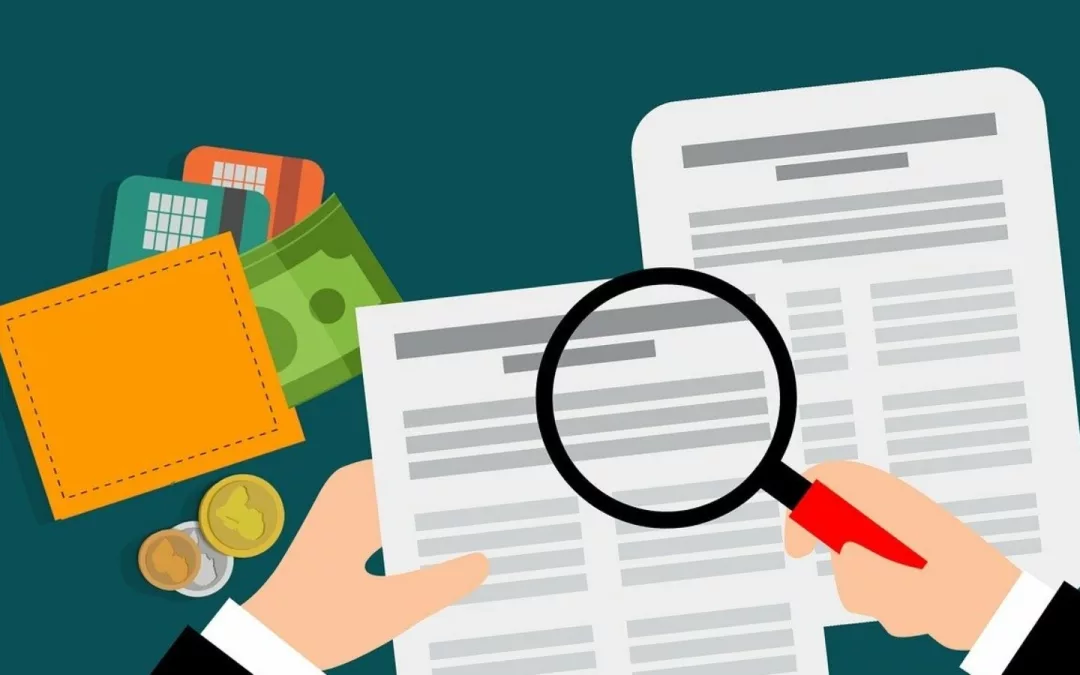Your credit score plays a crucial role in your financial life. Whether you’re looking to buy a house, finance a car, or even apply for a credit card, a good credit score can open doors to better interest rates and favorable financial opportunities. Here are the top five tips to help you improve your credit score and secure a healthier financial future.
1. Monitor Your Credit Report Regularly:
To improve your credit score, you first need to know where you stand. Regularly monitoring your credit report is essential. Check for any errors, incorrect information, or accounts that you’re not responsible for. Report any inconsistencies to the credit bureau for correction. Remember, an accurate credit report is the foundation of a good credit score.
2. Make Timely Payments:
Late or missed payments can significantly impact your credit score. One of the most effective ways to improve it is to make payments on time consistently. Set up automatic payments for your bills or create a reminder system to ensure you never miss a payment. Paying your bills on time shows lenders that you are a responsible borrower, positively impacting your creditworthiness.
3. Reduce Your Credit Utilization Ratio:
The credit utilization ratio, or the amount you owe compared to your total credit limit, is a key factor that determines your credit score. High utilization ratios suggest financial instability and can lower your score. Aim to reduce your credit card balances to below 30% of their limits and then 10%. By paying down your debts and utilizing less credit, you demonstrate financial responsibility and improve your score.
4. Don’t Close Unused Credit Cards:
Closing a credit card might seem like a wise decision if you’re not using it, but it may harm your credit score. When you close a credit card, you reduce your overall available credit. This in turn increases your credit utilization ratio, leading to a potential decline in your score. Instead of closing unused cards, keep them open and use them occasionally to maintain activity and prolong your credit history.
5. Diversify Your Credit Mix:
Creditors want to see how responsible you are with various types of credit. Having a mix of credit accounts, such as credit cards, installment loans, and a mortgage, demonstrates that you can handle different financial obligations. However, it’s important to note that this tip should not encourage taking on excessive debt. Only borrow what you need and can manage comfortably.
Conclusion:
Improving your credit score is a journey that requires discipline and time. It’s essential to be patient, consistent, and responsible with your financial decisions. By monitoring your credit report, making timely payments, reducing credit utilization, keeping unused credit cards open, and diversifying your credit mix, you’ll gradually see progress in your credit score. Remember, a good credit score opens doors for better financial opportunities and can provide peace of mind when it comes to your personal finances.
Breaking Barriers: A Revolutionary Loan Option for First-Time Homebuyers
Unlocking Homeownership: The 1% Down Mortgage Revolution In today's challenging real estate market, many aspiring homeowners find themselves trapped between the dream of owning a home and the financial hurdles of traditional down payments. However, a groundbreaking...
Boost Your Credit Score: Essential Steps to Take Before Homeownership
Embarking on the journey to homeownership is an exciting milestone, but before you can unlock the door to your dream home, you need to ensure your financial foundation is solid. One of the most crucial elements in this process is your credit score. Your credit score...
Trigger Leads 101: What They Are and How to Make Them Stop
A trigger lead is a type of marketing lead sold by credit bureaus to lenders and mortgage companies. When someone applies for a mortgage and their credit report is pulled, it can act as a "trigger" for the credit bureaus to sell that consumer’s information as a lead...




